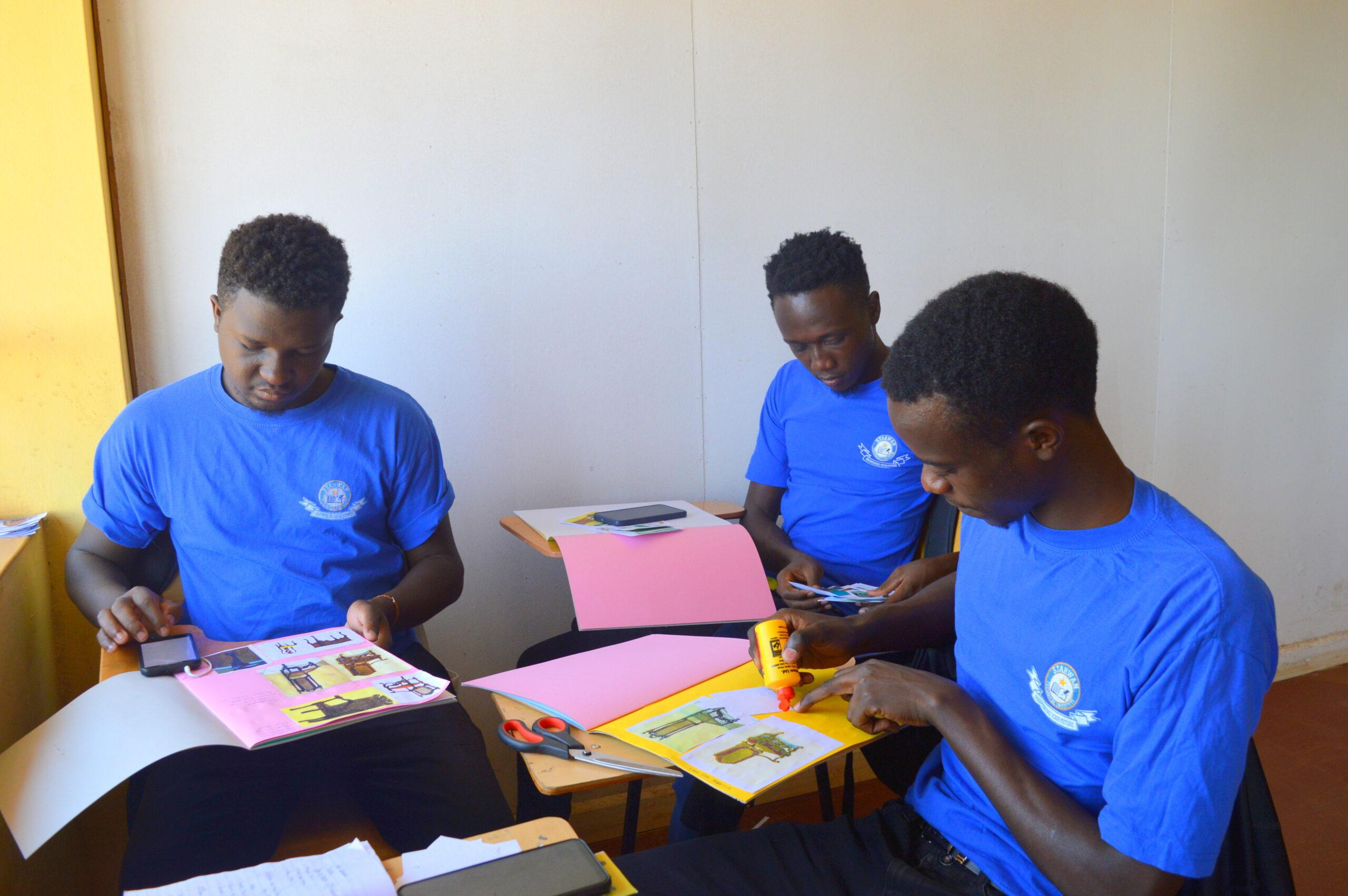Transform Your Space with Our Interior Design Course
Unlock the secrets to creating stunning, functional spaces with our comprehensive Interior Design Course. Whether you’re a budding designer or simply passionate about transforming your home, our program is tailored to help you master the art and science of interior design.
Interior Design Course Requirements
Diploma in Interior Design course
- Requirements: K.C.S.E. (C Minus) & above
- Duration: 8 Terms
Certificate in Interior Design Coures
- Requirements: K.C.S.E (D Plain & above)
- Duration: 5 Terms
If you’re interested in interior design, enrolling in a course is a great way to start. Interior design courses often cover a range of topics, from the basics of design principles to advanced techniques and software. Here’s a general outline of what to expect from our interior design course:
1. Introduction to Interior Design
- History of interior design
- Basic principles and elements of design (color, form, line, space, texture)
- Understanding client needs and preferences
2. Design Theory and Practice
- Design styles and movements (e.g., modern, contemporary, traditional)
- Space planning and layout
- Ergonomics and human factors
3. Materials and Finishes
- Types of materials used in interior design (e.g., wood, metal, fabric)
- Sustainable and eco-friendly materials
- Techniques for selecting and applying finishes
4. Color Theory
- Color psychology
- Creating color palettes
- Applying color in different spaces
5. Lighting Design
- Types of lighting (ambient, task, accent)
- Lighting fixtures and technologies
- Designing lighting plans
6. Furniture and Fixtures
- Selection and arrangement of furniture
- Custom vs. ready-made pieces
- Trends in furniture design
7. Computer-Aided Design (CAD)
- Introduction to CAD software (e.g., AutoCAD, SketchUp)
- Creating floor plans and 3D models
- Rendering and presentation techniques
8. Textiles and Soft Furnishings
- Types of textiles and their applications
- Upholstery and drapery
- Choosing and coordinating fabrics
9. Project Management
- Budgeting and cost estimation
- Working with contractors and suppliers
- Time management and scheduling
10. Professional Practice
- Building codes and regulations
- Ethical and legal considerations
- Developing a portfolio and marketing your services
What You’ll Learn:
- Design Fundamentals: Gain a solid foundation in color theory, spatial arrangements, and design principles that form the backbone of effective interior design.
- Technical Skills: Learn to use industry-standard tools and software to create professional-grade design plans and 3D renderings.
- Styling Techniques: Discover how to curate and combine textures, patterns, and materials to achieve your desired aesthetic.
- Project Management: Understand how to manage design projects from concept through to completion, including budgeting and client communication.

